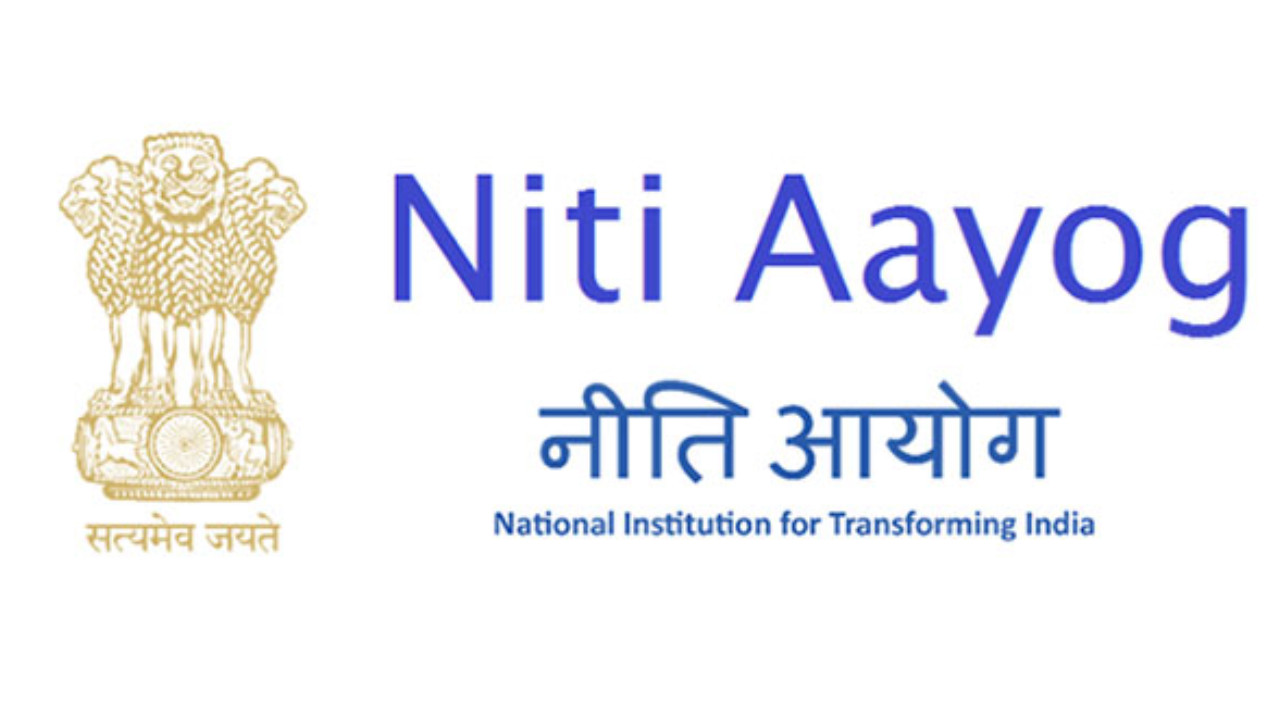Niti Aayog has suggested a policy change that would allow Chinese entities to acquire up to 24% stake in Indian companies without needing additional security clearances. This proposal aims to ease investment processes, potentially boosting India’s supply chain participation and exports.
Is India Ready to Welcome More Chinese Investment? A Fresh Look at FDI
India’s economic landscape is constantly evolving, and the winds of change might just be bringing a new wave of foreign direct investment (FDI). The buzz in business circles centers on a potential shift in India’s approach to Chinese investments, specifically regarding the level of scrutiny applied to certain deals. Could this signal a thaw in the often-icy relationship between the two economic giants?
The current regulatory environment, understandably cautious, requires significant vetting for investments originating from countries sharing a land border with India. This understandably impacts investments from China. The reason for this is rooted in concerns over national security and strategic interests, concerns that have only intensified in recent years. However, this cautious stance also presents a potential hurdle to economic growth, as it could be limiting access to crucial capital and technological expertise.
So, what’s the proposed solution? Well, whispers coming from NITI Aayog, the government’s premier policy think tank, suggest a possible easing of regulations. The idea is to potentially allow Chinese investments of up to 24% in specific sectors without necessarily triggering the same intense clearance procedures. This wouldn’t be a blanket approval, mind you. Sectors deemed sensitive would likely remain under stricter scrutiny. But for others, this could represent a significant streamlining of the approval process.

Why This Change Now?
The rationale behind this proposed shift is multifaceted. First, there’s the undeniable need to boost economic growth and attract foreign capital. India needs significant investment to fuel its ambitious infrastructure projects, support its manufacturing sector, and foster innovation. Chinese companies, with their deep pockets and technological prowess, could be valuable partners in achieving these goals.
Second, there’s a growing recognition that a more nuanced approach is needed. Blanket restrictions can inadvertently penalize legitimate businesses and stifle healthy competition. By focusing scrutiny on truly sensitive sectors and streamlining processes for others, India can potentially strike a better balance between security concerns and economic imperatives.
The Tightrope Walk: Balancing Security and Economic Growth in Foreign Direct Investment (FDI)
Of course, any relaxation of investment regulations, particularly concerning China, is bound to spark debate. Concerns about data security, intellectual property theft, and potential undue influence remain valid and need to be addressed robustly. A critical component to this approach will be establishing clear guidelines and robust monitoring mechanisms to ensure that investments are used responsibly and in accordance with Indian laws and regulations.
For example, if a Chinese company invests in an Indian technology startup, safeguards need to be in place to protect sensitive data and prevent the transfer of intellectual property without due compensation. Similarly, investments in critical infrastructure sectors should be carefully vetted to ensure that they do not compromise national security.
What Could This Mean for Indian Businesses?
The impact of this proposed policy shift on Indian businesses could be significant. Increased access to capital could fuel expansion, innovation, and job creation. Collaboration with Chinese companies could also provide access to new technologies and markets.
However, it’s not without its challenges. Indian businesses will need to be prepared to compete with well-funded and technologically advanced Chinese companies. They will also need to navigate the complexities of working with international partners and ensuring compliance with evolving regulations. To prepare for this, Indian businesses need to invest in upskilling their workforce and building stronger internal compliance mechanisms.
The Road Ahead: Navigating the Complexities of Foreign Direct Investment (FDI)
Ultimately, whether this proposed easing of regulations materializes remains to be seen. A lot hinges on the ongoing discussions within the government and the willingness of stakeholders to find common ground. If implemented thoughtfully and with appropriate safeguards, it could unlock significant economic opportunities for India. However, it also requires careful navigation to ensure that national security interests are protected and that Indian businesses can thrive in a more competitive environment.
The situation is fluid, but one thing is clear: India is actively exploring ways to optimize its foreign direct investment (FDI) strategy and unlock its full economic potential. The coming months will be crucial in determining whether a more open approach to Chinese investment will become a reality. This potential shift in FDI policy requires careful consideration and a commitment to transparency and accountability.







